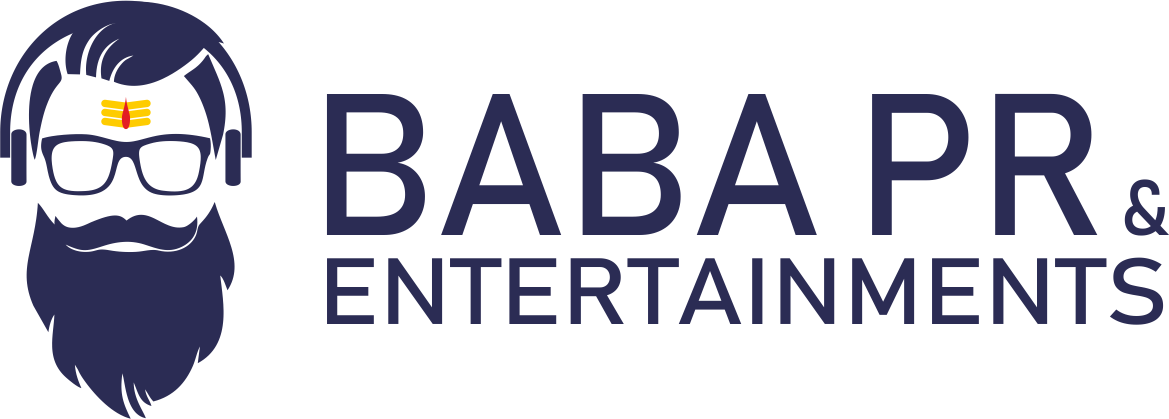History of Digital Marketing
Digital marketing traces its origins back to the 1990s when the internet became accessible to the public. As digital technologies advanced, marketers began to explore new ways to connect with consumers online.
- The Beginning (1990s):
- The first major milestone was the launch of the World Wide Web in 1991.
- Email marketing became one of the earliest forms of digital marketing, with businesses leveraging email to reach customers directly.
- In 1994, the first clickable banner ad appeared, marking the start of online advertising.
- Search Engines and SEO (Late 1990s):
- Search engines like Yahoo and Google emerged, leading to the development of Search Engine Optimization (SEO) as a way to improve visibility online.
- The pay-per-click (PPC) advertising model, introduced by Google in 2000, revolutionized online ad strategies.
- The Social Media Era (2000s):
- Social platforms like MySpace (2003), Facebook (2004), and Twitter (2006) transformed how brands engaged with audiences.
- Social media marketing became a pivotal strategy for businesses to build relationships and promote products.
- Mobile and Advanced Analytics (2010s):
- The rise of smartphones and apps enabled mobile marketing and location-based targeting.
- Advanced analytics and data tracking tools helped marketers better understand customer behavior and preferences.
- Omnichannel and AI-Driven Marketing (2020s):
- The focus shifted to creating seamless experiences across multiple platforms, integrating social media, email, websites, and e-commerce.
- Artificial Intelligence (AI) and machine learning began shaping personalization, predictive analytics, and automated customer interactions.
Importance of Digital Marketing Today
- Global Reach:
- Digital marketing enables businesses to reach a global audience without geographical limitations.
- Cost-Effectiveness:
- Compared to traditional marketing, digital strategies often require less investment, making them accessible for businesses of all sizes.
- Measurable Results:
- Tools like Google Analytics and social media insights allow marketers to track performance and optimize campaigns in real-time.
- Personalization:
- Data-driven insights enable highly personalized marketing messages tailored to individual preferences.
- Improved Engagement:
- Social media platforms and interactive content formats foster two-way communication between brands and customers.
- Targeted Marketing:
- Advanced algorithms and audience segmentation help brands target specific demographics for higher conversion rates.
- Adaptability:
- Digital marketing strategies can quickly adapt to market trends and consumer behavior, ensuring relevance.

